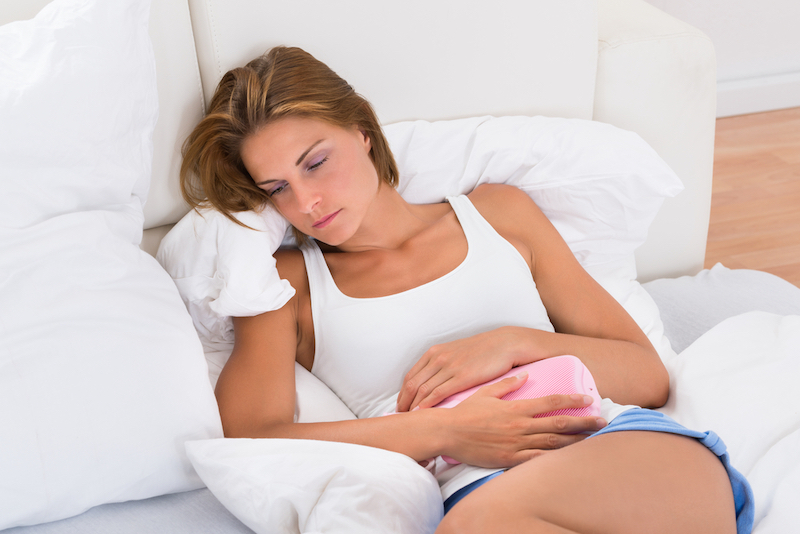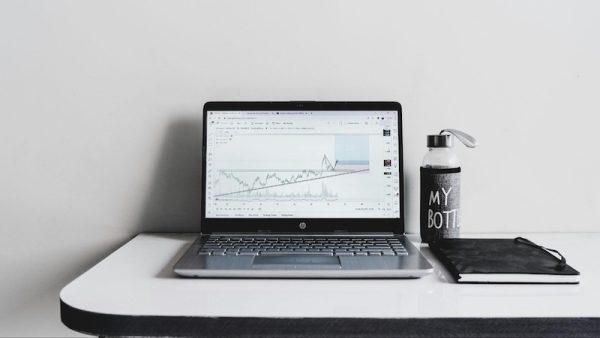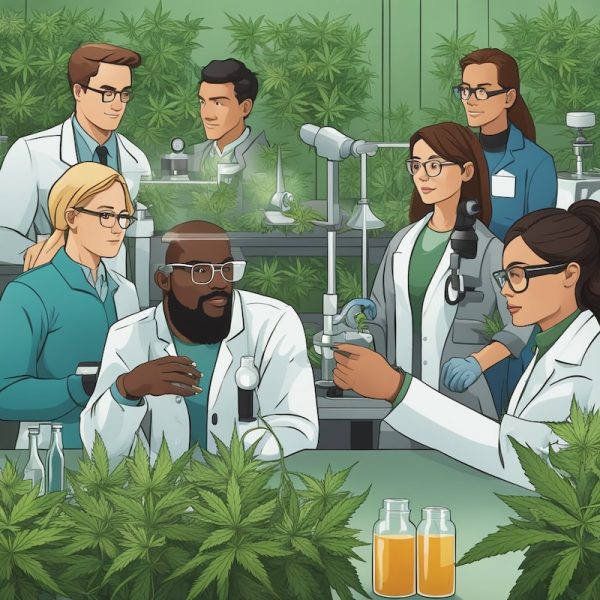What Is PMS? Everything You Need to Know
Branded Content by Cosmic Press
Nearly 90% of women experience premenstrual syndrome (PMS) before getting their period. PMS symptoms typically begin one to two weeks before the first day of menstruation with some women experiencing severe symptoms and others with mild symptoms. Whether you’re just starting your period or want to have a deeper understanding of how your body works, you may want to educate yourself on PMS so you know how to treat yourself from investing in a heating pad to help with cramps to purchasing vitamins for PMS to reduce the severity of your symptoms.
Why Does PMS Happen?
It is widely unknown why PMS occurs but most predict that these symptoms are a result of a change in hormones. Most women ovulate during the time before their period as well as experience changing levels of hormones. These bodily changes appear to affect each menstruating person differently which is why there is a wide range in severity of symptoms between each person.
The 3 Types of PMS and Common Symptoms
There are 3 types of PMS symptoms people experience: physical, emotional, and behavioral. There are a wide variety of symptoms that fall into each of these categories with some women experiencing just a few and others several, added on top of the different severities of each symptom. Below are some common symptoms of each of the 3 types of PMS.
Physical:
- Breast tenderness
- Constipation
- Cramps
- Headache
- Muscle or joint pain
- Pimples or acne
- Weight gain or bloating
Emotional:
- Anger
- Anxiety
- Crying spells
- Depression
- Irritability
- Mood swings
- Sadness
Behavioral:
- Appetite changes or food cravings
- Change in libido
- Difficulty sleeping
- Forgetfulness
- Lack of mental concentration or focus
- Social withdrawal
- Tiredness
How to Relieve Symptoms of PMS
Unfortunately, there is nothing that can stop PMS symptoms from occurring but there are plenty of ways to find relief from PMS. Each person experiences PMS symptoms differently. For some, PMS symptoms are so severe that they are unable to live life as they normally would because they are in such pain and suffering. For others, symptoms are milder and can still affect daily lives.
A few popular ways to relieve physical symptoms of PMS are pain relievers and heating pads. These methods help with symptoms such as headaches, cramps, and muscle pain. To treat all 3 types of PMS symptoms, following a healthy lifestyle can be effective. Regular physical activity can combat anxiety, mental focus, and fatigue. Getting enough sleep each night, at least 8 hours, can reduce feelings of irritability and anxiety. Choosing healthier foods that are free of caffeine, salt, and sugar in the weeks leading up to menstruation can reduce symptoms.
PMS symptoms are often exacerbated by certain lifestyle practices. While these practices do not cause PMS, they do tend to make the symptoms worse. These lifestyle practices include depression, lack of exercise, lack of sleep, smoking, and stress.
Vitamins for PMS can be a great method to easily relieve your symptoms without having to make too many changes to your daily life. To enjoy the full benefits of vitamins for PMS, you will take it daily as you would a regular vitamin. It’s not just for when you expect to have your symptoms occur. This way, you get a head start in preparing your body to fight against PMS symptoms. There are a variety of vitamins for PMS on the market, such as FLO, so try to find one that works best for you and test it out for at least two menstrual cycles to enjoy the benefits.
If you’re having difficulty managing symptoms of PMS and are finding yourself in extreme pain or having increased unhealthy thoughts, it’s a good idea to consult your doctor.
How PMS Changes with Age
PMS symptoms will change with age, typically when menstruating people reach their late 30s and 40s. Most people begin to reach menopause around this time, which is called perimenopause. In particular, emotional symptoms of PMS tend to increase with the changing hormone levels. However, this time can be unpredictable with some people noting a change in their PMS symptoms and others experiencing the same level of symptoms. The good news is that after menopause when your period stops, you will no longer experience PMS.
Conclusion
Experiencing menstruation can be dreadful enough and adding PMS symptoms on top of that makes it even worse. With this increased understanding of how PMS can affect the body and some tips on how to relieve your symptoms, whether you choose to practice different lifestyle habits or take vitamins for PMS, you can make this monthly occurrence a bit less terrible.
Branded content furnished by our promotional partners. The Daily Sundial editorial staff is not involved in its production. Content does not reflect the views or opinions of the editorial staff.










